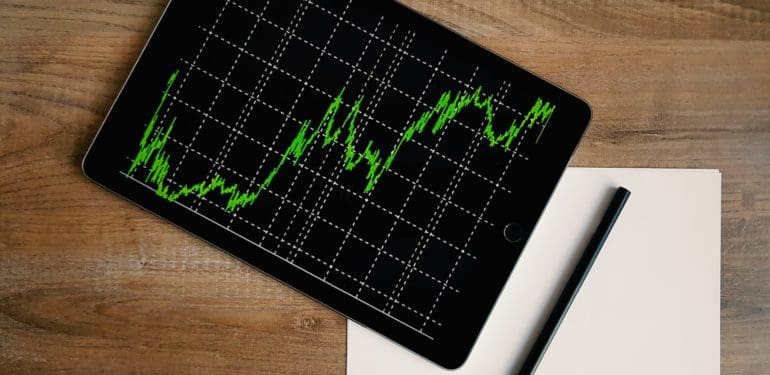Many financial decisions we make daily are just made out of habit. Our daily purchases, how we budget our money, and even the companies we use for credit cards and insurance are all habits we develop.
Just like how our bad habits can drag us down and hurt us financially, any good habits we develop can help us pursue financial freedom. Good spending habits can help you stay out of debt, save money, and reach your financial goals.
Photo by Burak K
Schedule a Time to Review Finances
It is easy to be surprised by the amount of money in your account if you are not keeping careful track of what you spend. Small purchase amounts that don’t seem like a big deal can add up quicker than you think. Ideally, it would be good to schedule a couple of minutes each day to take a quick review of what you spent. It will help to visualize your goals, as the majority of successful people we’ve talked to and interviewed are doing this daily. Having a clear view of your financial standings can motivate you to keep grinding and cease doing or buying things you do not need.
It only takes a few minutes to check your accounts, so anyone can fit it into their schedule. It doesn’t matter when you schedule this time, but it is a good idea to keep it consistent, so it becomes a daily habit. You can even set a reminder on your phone to make sure that you don’t forget.
Looking at your finances from the day before, first thing in the morning, will help you make more conscious decisions for that day. Reviewing how you did at the end of the day will help you see where your weaknesses are and make goals for the next day. No matter what time of day you decide to check your accounts, just make sure that you are being consistent and keeping your financial goals in mind.
Automatic Savings Transfer
It is important to build up a savings account. Savings accounts can help provide funds for unexpected expenses like car repair or medical needs that are not provided for in the regular budget. Having a savings account means staying out of debt when these expenses occur.
It is also a protection against a time when you lose a job or are between jobs. Having a couple of months’ worth of regular expenses saved away will act as a buffer when financial strain happens in your life. It can be a huge relief to know that your bills can still be paid, even when funds are temporarily not coming in anymore.
In order to build up a savings account initially and then replenish it when it is used, you need to make depositing in it a regular habit. Setting a percentage or a set amount to put into the account for each paycheck will help you budget and stay on track with your goals. Another great tip is to set up that transfer of money to happen automatically, so you don’t forget to do it. It is just like setting up another automatic bill payment from your bank account, but you are paying yourself instead.
Set a Spending Mantra
When you think of a mantra, you probably think of yoga or meditation. There are uses for mantras far beyond that. A mantra is a phrase that sums up a personal belief or goal you repeat to yourself. Reiterating this belief or goal frequently helps keep it at the front of your mind, which means that you are more likely to stick with it.
You can create an effective spending mantra by thinking about one spending habit you would like to change. It can be not spending as much on eating out for your meals or getting out of debt. Creating a phrase like “I can reach my financial goals by packing my lunch today” or “I will only spend unnecessary money after my credit card bill is paid” will help you to have something to focus on to help break bad habits. Writing this down and putting it somewhere you will see it or making it the background on your phone will help you stay on track.
Be Accountable
Being accountable for your goals and actions is a great way to stay on the right course. If no one knows if we don’t meet our goals, then the chance that we stick with them lessens. Telling a friend about your money goals and then following up with them regularly will give you more accountability. Knowing that you will have to report back on how you are doing will make you think twice when you want to fall back into old habits.


